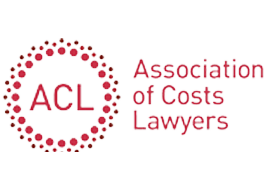The bill of costs is the key instrument that forms the foundation of the detailed assessment procedure. We have expertise in preparing traditional bills of costs and electronic bills of costs, as well as Form 5 bills of costs for Supreme Court proceedings.
We prepare bills of costs in the full spectrum of practice areas and are experienced in preparing substantial bills of costs in high profile litigation, multi-jurisdictional disputes, and group litigation.
Our clients can trust us to prepare their bills of costs with the exact same care and attention to detail that they demonstrate when drafting the statements of case in the substantive proceedings.
Our electronic bills of costs are detailed and comprehensive documents. The format is transparent, user-friendly and provides greater levels of information, which reduces any reasonable disputes to be raised.
Furthermore, our bills of costs contain all calculations in a transparent manner so as to make its full functionality available to the court and all other parties.
We take great care in drafting highly informative narratives to our bills of costs, which, whilst couched in neutral terms, properly set out the complexities in the case and justify why each and every aspect of the work undertaken was required.
Our approach enables us to justify the costs claimed and maximise recovery.
We are experienced in preparing bills of costs where complex costs orders have been made, including issue-based costs orders where costs relating to distinct parts of the proceedings are required to be identified, separated, and often apportioned.


